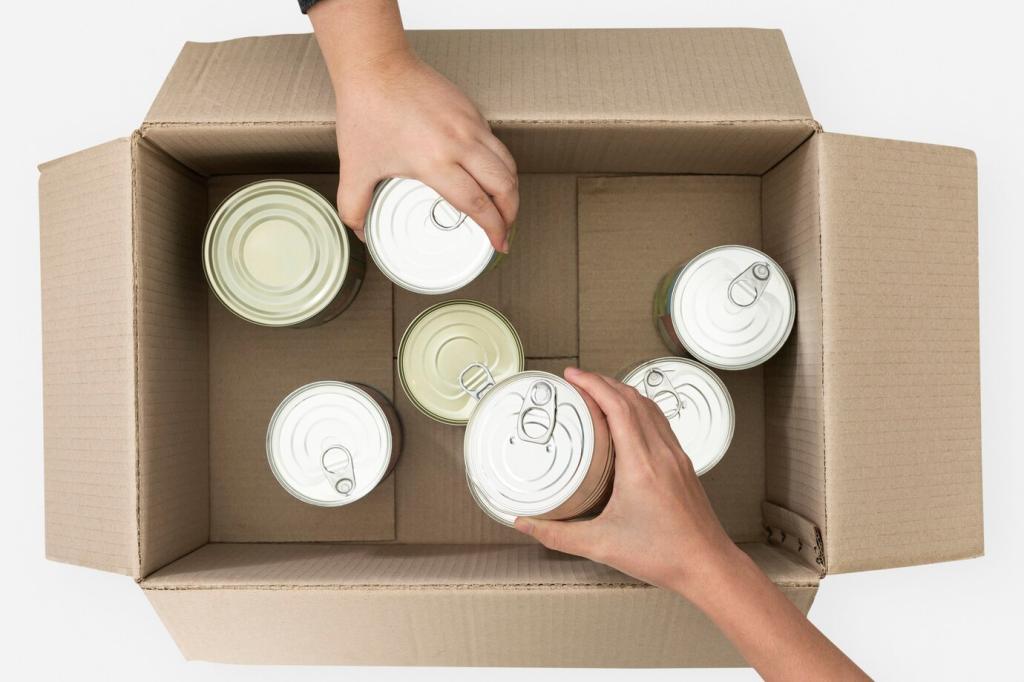The Future of Sustainable Packaging: AI Optimization and Development
As the global community grapples with environmental challenges, the packaging industry stands at the forefront of innovation. Sustainable packaging is no longer just a trend—it’s an urgent necessity. Modern advances in artificial intelligence are rapidly turning this vision into reality. By leveraging AI, businesses can design, test, and deploy packaging solutions that minimize environmental impact and maximize efficiency, paving the way for a truly sustainable future.
Automated Material Selection
Selecting the ideal packaging material is complex, involving cost, recyclability, durability, and environmental impact. AI algorithms can analyze vast datasets on material properties, supply chain logistics, and consumer preferences to pinpoint the most sustainable options for any given product. This not only accelerates the design process but also ensures that the chosen materials align with both ecological goals and business objectives, offering a powerful route to greener packaging.
Predictive Prototyping
Traditionally, package prototyping required manual iterations that wasted both materials and time. Thanks to AI, predictive modeling now allows designers to simulate and optimize packaging designs before physical samples are ever produced. By forecasting structural performance and aesthetics, AI helps engineers refine concepts virtually, dramatically reducing raw material usage and minimizing waste, all while maintaining excellent product protection.
Customization at Scale
AI enables companies to deliver customized packaging solutions without inefficiency or excess. Through real-time demand forecasting and adaptive manufacturing systems, businesses can tailor packaging sizes, materials, and branding for targeted markets or even individual products. This reduces unnecessary material use, improves logistics, and ensures the customer receives a highly relevant experience—rooted in sustainable practice.
Optimizing the Supply Chain Through AI
Intelligent Logistics and Routing
AI-powered platforms enhance logistics by predicting demand, streamlining distribution routes, and minimizing fuel consumption. These systems process a myriad of variables, from weather forecasts to traffic data and shipment priorities, to chart out the most efficient paths for deliveries. This leads to fewer miles driven, reduced emissions, and significant cost savings—making the entire supply chain more eco-friendly.
Lifecycle Impact Analysis
With the integration of AI, companies can now map the environmental impact of their packaging over its entire lifecycle. Advanced analytical models examine resource extraction, manufacturing, transportation, usage, and end-of-life scenarios to identify areas with the greatest potential for improvement. This holistic view empowers businesses to make evidence-based decisions, leading to more sustainable packaging solutions grounded in real-world data.
Dynamic Demand Forecasting
Accurate demand forecasting is essential to minimize overproduction and reduce waste. AI systems analyze historical sales, market trends, and social signals to predict future needs precisely. By adjusting production runs in real time, manufacturers can avoid both excess inventory and shortages, which also cuts down on unnecessary packaging and unneeded waste throughout the supply chain.

Next-generation packaging can include embedded sensors or smart tags, powered by AI, that monitor freshness, detect tampering, or provide real-time updates on storage conditions. These innovative features help extend product shelf life, reduce food waste, and reassure consumers about product safety—offering significant advances in both convenience and environmental impact.

AI excels at analyzing customer interactions and feedback, helping brands develop packaging that resonates with their target audience. Whether it’s eco-friendly messaging, personalized graphics, or on-demand information via QR codes, these AI-powered strategies foster closer connections and encourage consumers to participate in recycling and sustainability efforts, driving positive change.

Through intelligent design suggestions and data analytics, AI helps packaging engineers identify opportunities to reduce product waste. Whether by adjusting portion sizes, improving resealability, or integrating better disposal cues, these data-driven improvements ensure that consumers can make the most of every purchase, ultimately leading to less waste at home and a healthier planet overall.
